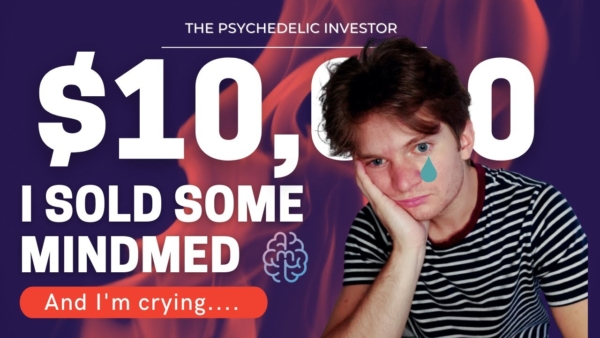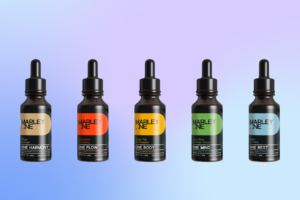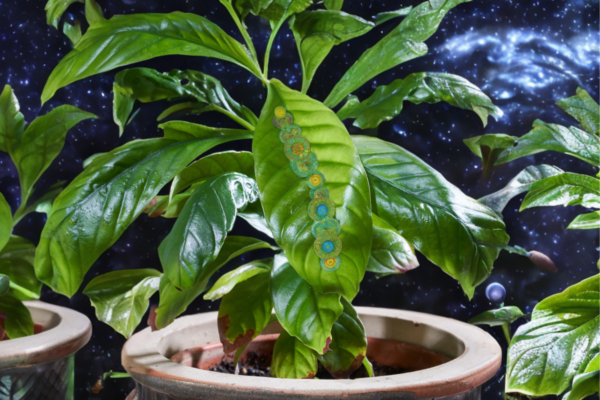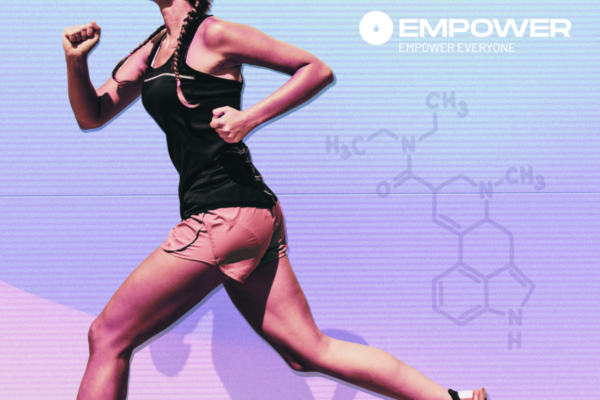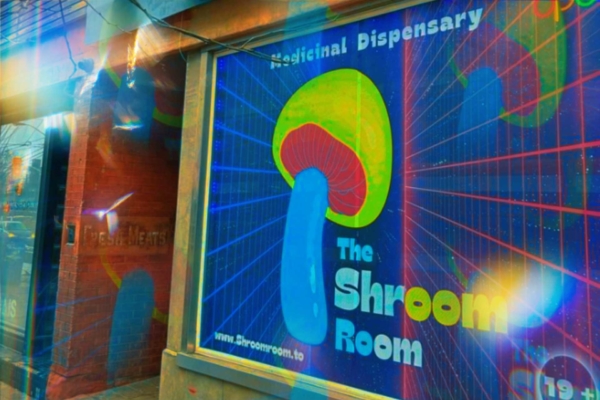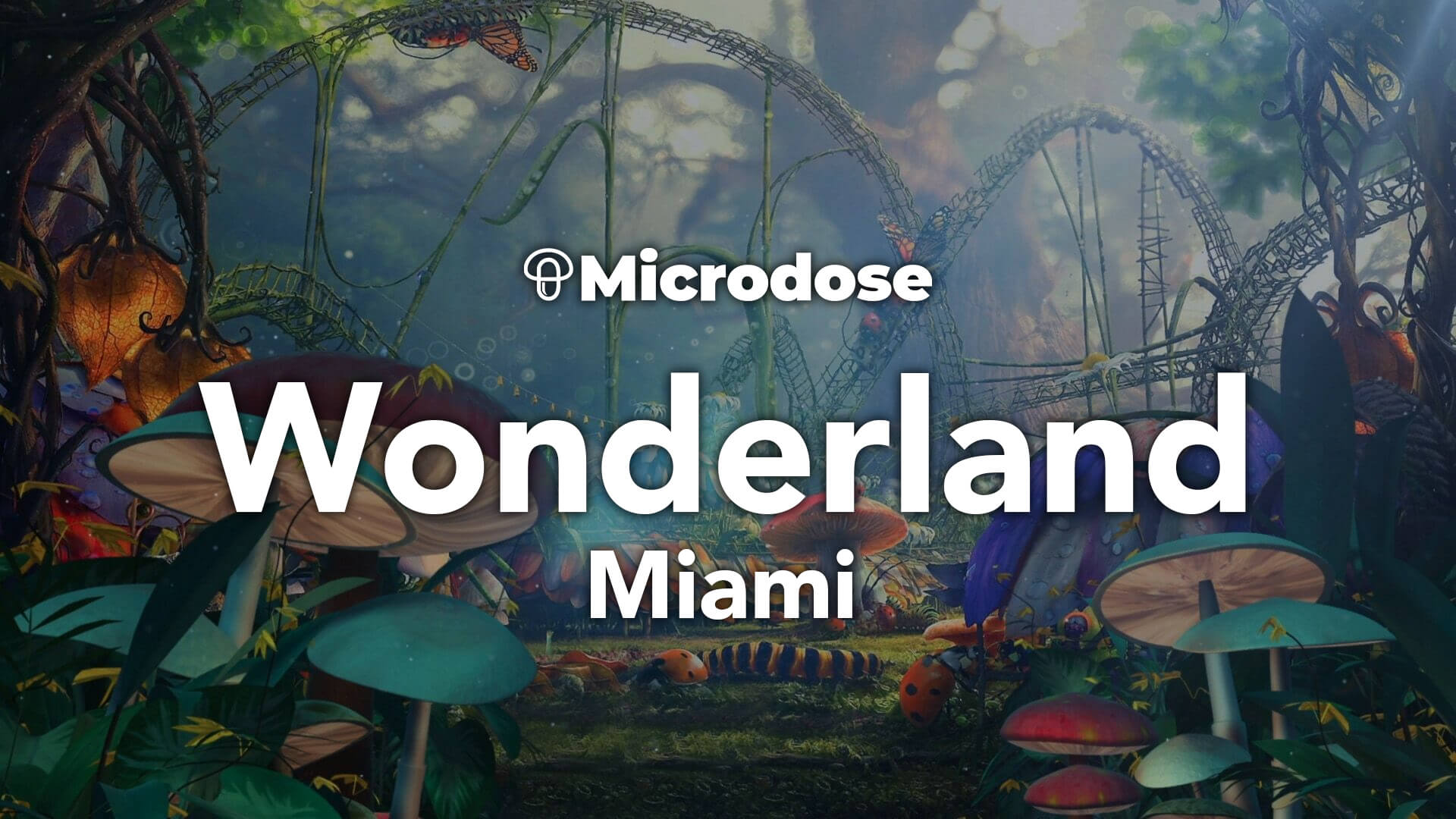
The third and final day of the world’s biggest psychedelic conference, Wonderland Miami, was possibly the best. Focusing on science, day three hosted numerous panels on chemistry, ketamine, treatment protocols, research, and more, all while vendors and exhibitors continued to showcase their goods.
Synthetic vs. Natural Debate
A fully stacked panel to kick off the afternoon at the main stage, this one featured Florida International University chemistry professor Joseph Lichter, PhD, Masha Ty from ACS Laborator, needs-no-introduction MAPS executive director Rick Doblin, Cubed Biotech CEO Adam Coape-Arnold, Enveric Biosceiences CEO Dr. Joseph Tucker and the Director of Neuropharmacology at Cybin, Dr. Amy Reichelt.
The panel raised important questions, but attendees could have walked away with just one: Why not both?
Adam Coape-Arnold offered a strong case for the two, stating that the interest is different on each side: “There’s more demand for natural on the wellness side rather than the pharmaceutical side.”
“I’m hoping that a 1mg microdose could be available at the corner store,” he said, while a bigger dose of whatever substance possibly being offered from one’s doctor as prescription. He then emphasized that “not everyone can afford to go to the Amazon and puke for nine hours,” thus synthetic materials can potentially offer a greater opening for more use and more accessibility.
“To me,” Coape-Arnold said, “this is the holy grail of biotech.”
Effects of Psilocybin in the Treatment of Alcohol Use Disorder
Dr. Michael Bogenschutz, a Professor of Psychiatry at the NYU Grossman School of Medicine shared some new groundbreaking and fascinating results from a major study conducted. Dr. Bogenshultz spent some time summarizing his work, explaining the treatment and dosing protocols (in sum: 12 psychotherapy sessions with a team of two therapists, dosing at 25 mg of psilocybin per 70 kg of weight as the average, dosing some patients up more as the study progressed). The study itself took quite some time, with all participants needing pre-screening by phone, as is common. Now for the numbers: 49 participants were randomized to psilocybin treatment; 48 received the first medication session; 43 received a second session, and 46 completed eight months of follow up.
“There is almost no missing data,” Dr. Bogenshultz said. An immediate look at the results reveals that doses of psilocybin can actually help reduce and lower “heavy drinking days,” and that thai can actually be sustained over 36 weeks of monitoring. Now responses rates, as Dr. Bogenshultz says, it depends on “how you define response,” so this study charted several factors, from no heavy drinking to complete abstinence and more.
This is definitely some information to keep an eye on– surely, this study and anything adjacent will be cropping up in headlines over the next little while.
Soundflower Life Wellness Dome
During a much-needed release for all the press at Wonderland Miami, Soundflower Life offered a sonic meditation experience and mini breathwork session. While the hustle and bustle and commotion and hubbub of the conference’s last day was going on outside, the inside of the Wellness Dome was calm, serene, and peaceful. Sound healer Maya was able to curate and create an energy of welcoming wonder in the space as everyone started with belly-based breathwork and exploration of a gifted “Love” oil containing jojoba, vanilla, frankincense, and sandalwood, and were invited to set an intention before settling down for a 30 minute, shortened version of Soundflower’s typical sound bath offering, which usually lasts around two to three hours.
“Our breath is our biggest power,” Maya reminded the group. “At the end of the day, when we have nothing else, there’s pranayama.
A little taste of wellness in the middle of a largely business-focused conference– as Maya exclaimed with joy at the end– “How lucky are we?!”
The Chemistry of Psychedelics
Psychedelic cult figure and journalist-turned-chemist Hamilton Morris of Hamilton’s Pharmacopeia fame gave an hour-long talk right at the intersection of culture, journalism, and chemistry.
Parts of his talk and the Q&A session following echoed the previous main stage talk on synthetic versus natural, as attendees asked questions about synthetic drugs and if there could be benefits to them.
“There is an adverse relationship between psychedelics and traditional medicine. They’re viewed as alternatives as opposed to a complement [to it],” Morris said, noting a previous talk where MAPS founder and executive director Rick Doblin discussed a potential study where MDMA would be administered to people already taking SSRIs– before noting the unlikeliness of this, given the potential for interference between drugs.
“It’s not just a cultural aversion,” Morris explained. “It’s also a medical reason.”
However, he notes that there can be “a lot of fear of synthetic things in the psychedelic community,” and shares an example where it could make sense.
“It’s a very different conversation between psilocybin and 5-MeO-DMT,” he said, because growing shrooms at home is incredibly easy, while 5-MeO-DMT has a huge demand for it, and getting it organically is very difficult.
“In that instance, people need to get over these biases. It’s not just about taste, but about ecological concern.”
Moreover, Morris noted, the potency of the 5-MeO-DMT varies radically in Bufo toads, leading to very different experiences.
“It’s good to know how much you are taking. It’s really important to know the dose. Synthetic substances are easier to weigh out, they will be pure, and it simplifies these dosing concerns.”
However, he also notes that it’s “hard to convince people it’s all the same,” even though, chemically, it might be.
Setting: Home – Office – Groups – Clinics – Retreats
On the second stage, speakers Kathryn Walker, CEO of Revitalist Lifestyle and Wellness, Ketamine therapist and trainer Lauren Taus, head of psychedelic content at Benzinga, Natan Ponieman, Unified Self founder Dr. Nizar Taki, and Wonder Sciences head of marketing Shiloh Uhlir talked about one of the key factors in a psychedelic experience– setting.
This panel explored the importance of setting in ketamine therapy, but not just in terms of interior design– setting is more than just the physical, and panelists discussed the benefits of group ketamine therapy, explaining how patients can find it more healing and comforting to share an experience with someone who is going through the same thing.
Furthermore, the panelists stressed the importance of cultivating and keeping a good relationship between practitioner and patient as they undergo a mind-altering journey that requires a lot of trust.
“I love my clients,” Lauren Taus said. “And they know that. If I don’t love them, I shouldn’t work with them.”
Other Highlights
- A “How To Choose A Psychedelic Retreat” workshop in the cinema room
- Even more free-flowing coffee on tap
- On the last day, the IV therapy section was full of people trying to recharge after two busy, busy days
- Fungi Flows, a mushroom-themed freestyle rapper was out and about all three days, rapping for everyone from Psychedelic Spotlight’s team to Paul Stamets
- PsiloMart was Amanita muscaria joints, capsules, and gummies
- Ayahuasca Diaries screening in the cinema room
